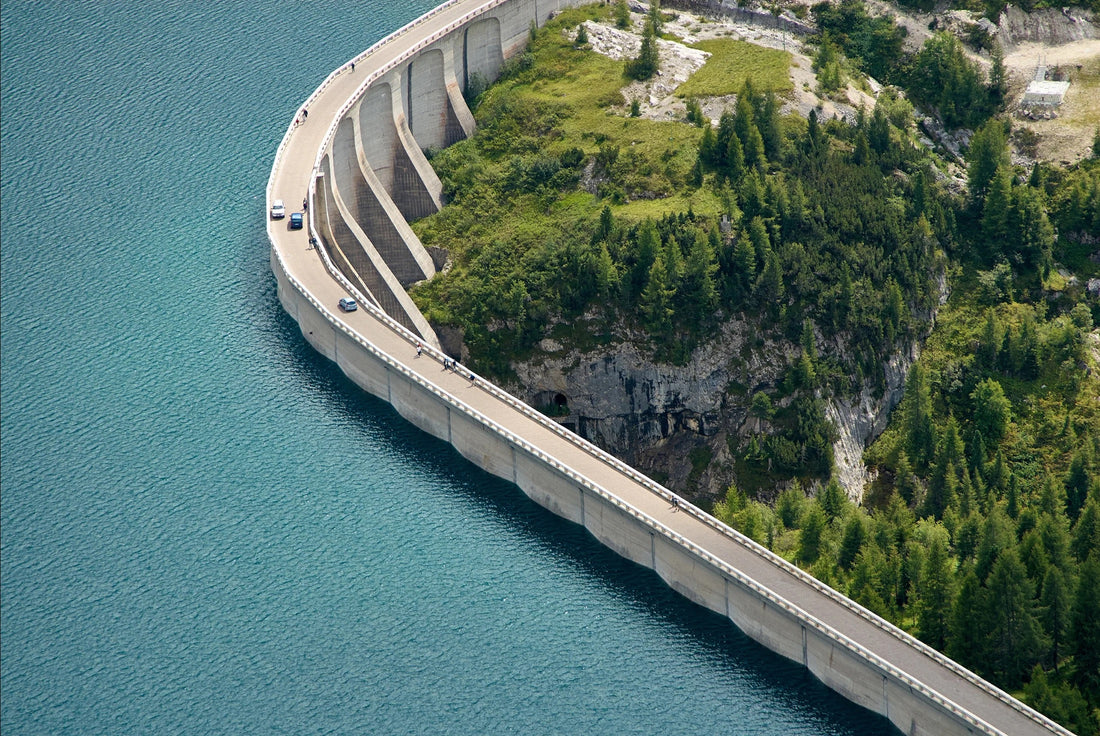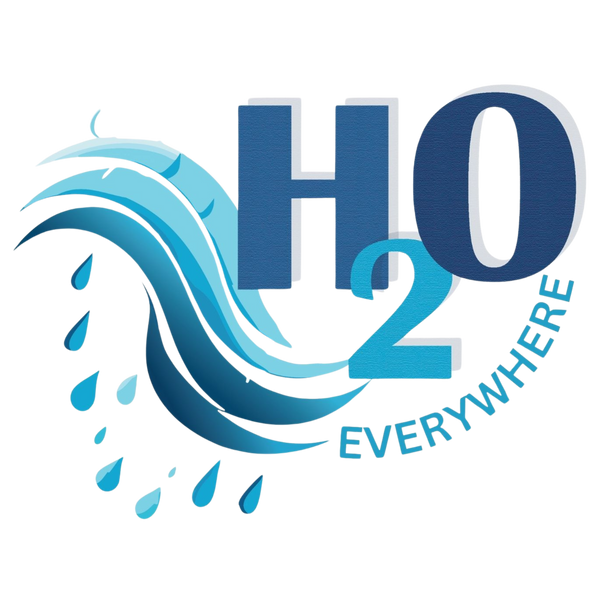
The Global Issues Facing Drinking Water Today
Share
Water is a basic necessity for human survival, yet over 2 billion people around the world lack access to safe and clean drinking water. The global water crisis is one of the most pressing issues facing humanity today. This crisis has serious consequences for public health, economic development, and environmental sustainability.
The reasons for the water crisis are many and complex. One major cause is the increasing demand for water due to population growth, urbanization, and industrialization. As the world's population continues to grow, there is an increasing and concentrated reliance on finite groundwater supplies and freshwater resources. In addition, rapid urbanization has led to increased demand for water for industrial and municipal purposes. Industrial activities such as mining and manufacturing require large amounts of water, while urban centers need water for drinking, sanitation, and other essential services.
Climate change is also exacerbating the situation by altering precipitation patterns and causing droughts, floods, and other extreme weather events. These climate-related impacts have severe consequences for water availability, quality, and distribution. Droughts, for example, can reduce water supplies, while floods can contaminate water sources with pollutants.
Another challenge is the pollution of water sources due to human activities like chemical use for agricultural and industrial use, mining, and manufacturing. This pollution can contaminate both surface and groundwater, making it unsafe for drinking and other domestic uses. Polluted water sources can also harm the environment and biodiversity, affecting the natural balance of ecosystems.
Moreover, the water crisis disproportionately affects vulnerable communities, such as those living in poverty, rural areas, and conflict zones. Women and children are often burdened with the task of fetching water, which takes time away from education, work, and other productive activities. In many cases, the water they collect is contaminated, leading to illness and disease.
The consequences of the water crisis are dire. Lack of access to clean drinking water is a leading cause of preventable deaths and illnesses worldwide. In developing countries, children under five are particularly vulnerable to waterborne diseases like diarrhea, which can be fatal. Lack of access to clean water also impedes economic growth by limiting agricultural productivity, increasing healthcare costs, and reducing educational opportunities.
Addressing the global water crisis requires a concerted effort from governments, civil society, and the private sector. We need to invest in infrastructure, technology, and policies that promote sustainable water use, protect water sources, and ensure equitable access to clean drinking water for all. At H2O Everywhere, we are committed to contributing to this effort by advancing the use of Atmospheric Water Generation (AWG) which is providing an innovative, sustainable, and efficient solution to the challenges of accessing clean drinking water. Our atmospheric water generators create clean and healthy drinking water from the humidity in the air without any reliance on a raw water source or single-use plastics. This technology is helping to provide a reliable and renewable source of clean drinking water all around the world. By working together, we can ensure that everyone has access to safe and clean drinking water, a fundamental human right.
